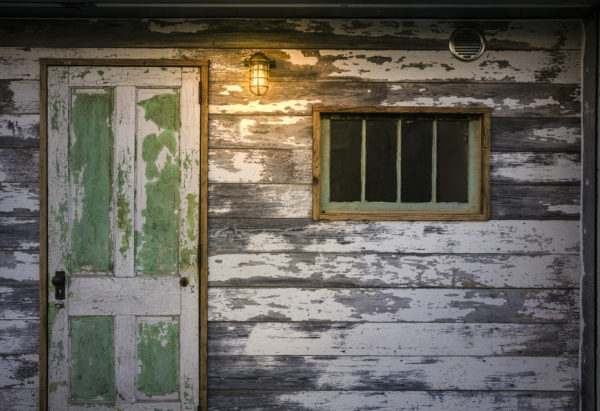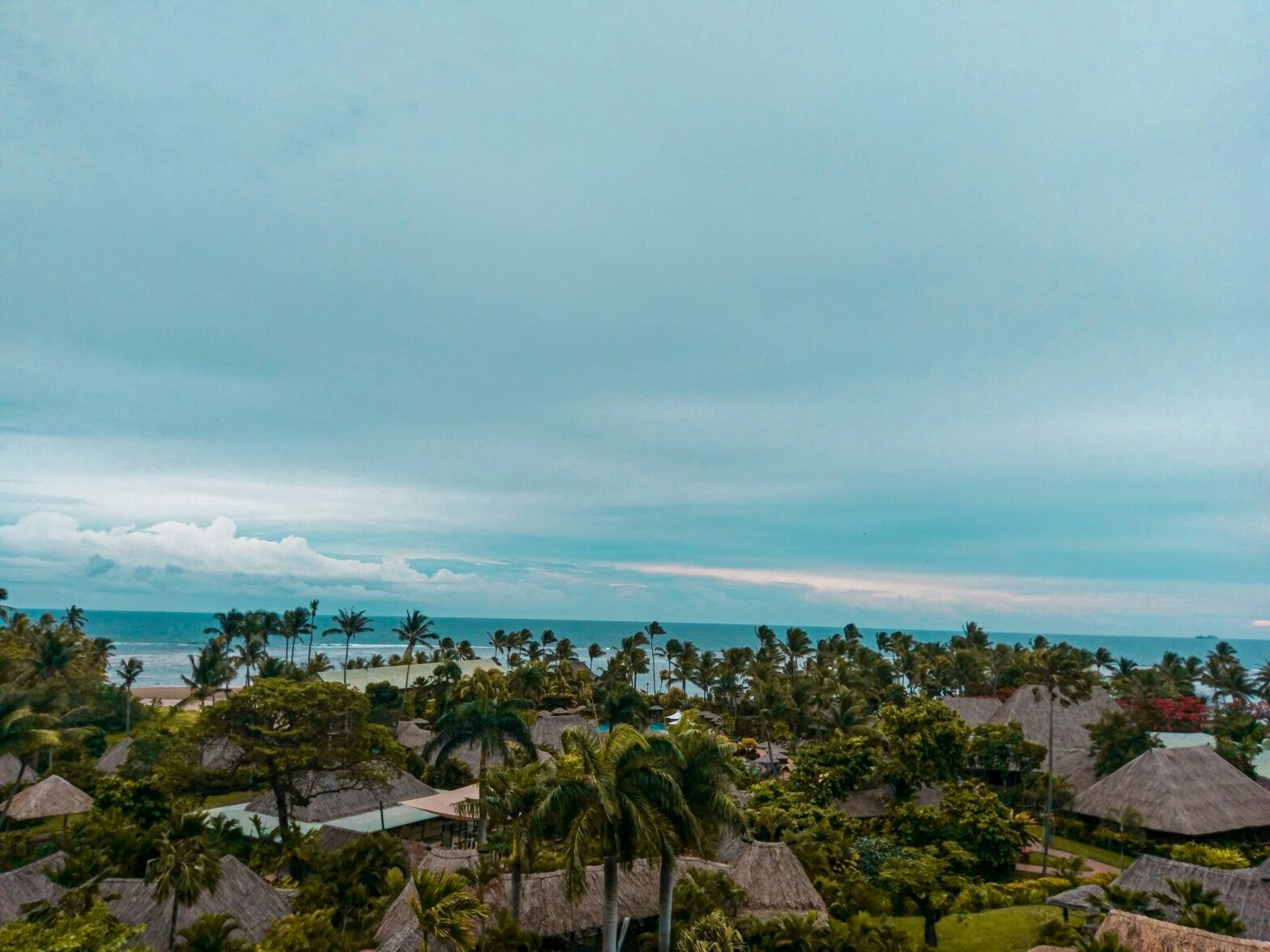Japan has so many vacant homes that they don’t exactly know just what to do with all of them. So they’ve decided to start giving them away.
It may sound like a positive situation, but in actuality, it isn’t. Japan has more homes than they do people. Back in 2013, there were 61 million houses and 52 million households. Japan’s population is expected to decline from 127 million to 88 million by the year 2065. With millennials leaving country areas like Okutama for jobs in the city, Japan’s countryside has become deserted with these vacant homes. Looks like an opportunity for the financial industry, but many people think this generous offer is a scam.
Back in the 1960s, Okutama, a suburb of Toyko, had close to 13,000 residents but after a decline in the demand for timber and other material, most decided to move closer to the city. Now just 5,200 people are living there. In 2014, it was called an “akiya bank,” nickname for a vacant house scheme. Akiya banks match potential young homebuyers with aging homeowners and empty properties. These type of schemes are common across Japan, but each town has its own set of rules. In Okutama, the town subsidizes home repairs for new akiya residents and encourages akiya owners to give up their vacant properties, offering up to $8,820 per 100 square meters.
RELATED: Japan Sees First Dip In Tourists Since 2013, Thanks To Mother Nature
To get a free home, you have to be under 40 years old or be in a committed relationship with at least one kid who is under 18-years-old, with one of the partners being under 50. You also can’t think about moving. If you get assistance, residents must commit to staying there permanently and invest in upgrading second-hand homes. The regulations were set up by the government in 2015, passing a law making it illegal to leave vacant homes empty and penalizing the owners. The Japanese government is also cashing in on akiya properties. Akiya owners are taxed more for empty plots of land than for having an empty property.
New homes in Okutama aren’t enough for some homeowners. Some are coming in from all over like New York and China and space is extremely cramped. New residents like Rosalie and Toshiuki Imabayashi, who are moving from Toyko in early 2019, are looking for economically savvy development plans and more community involvement.





